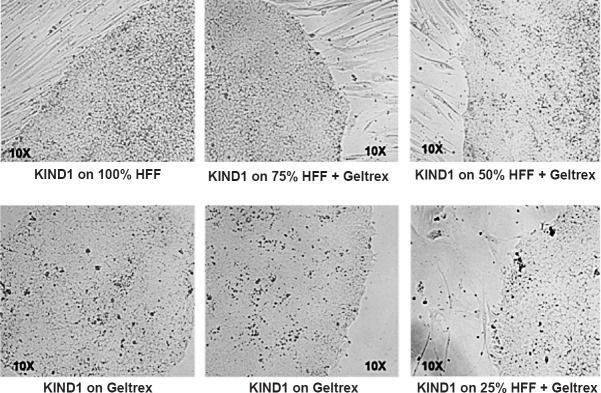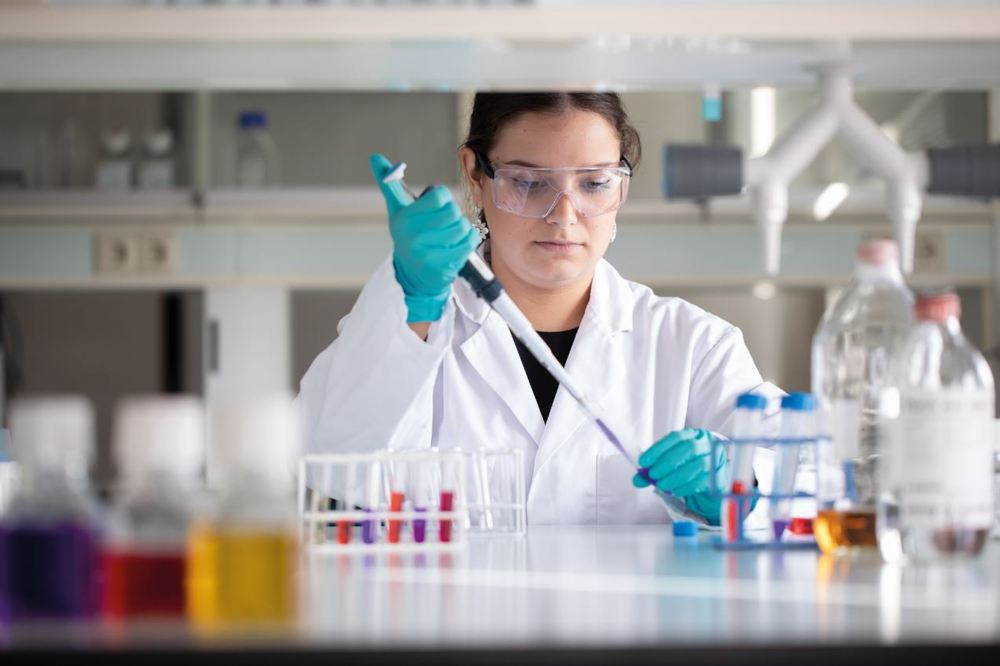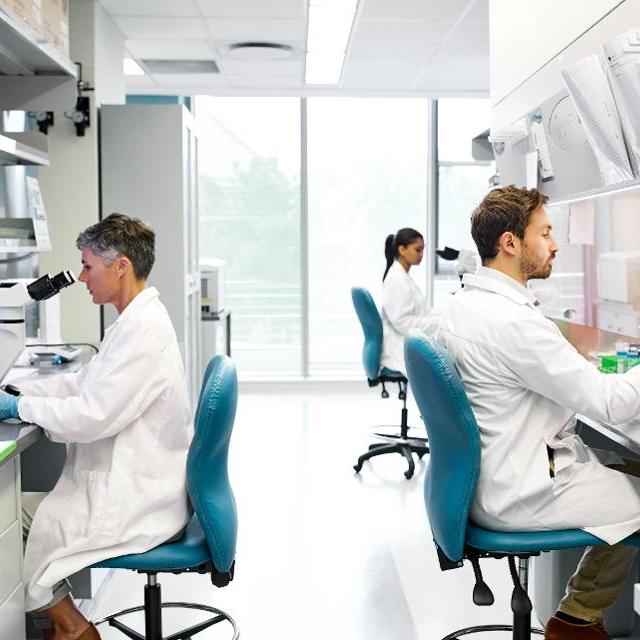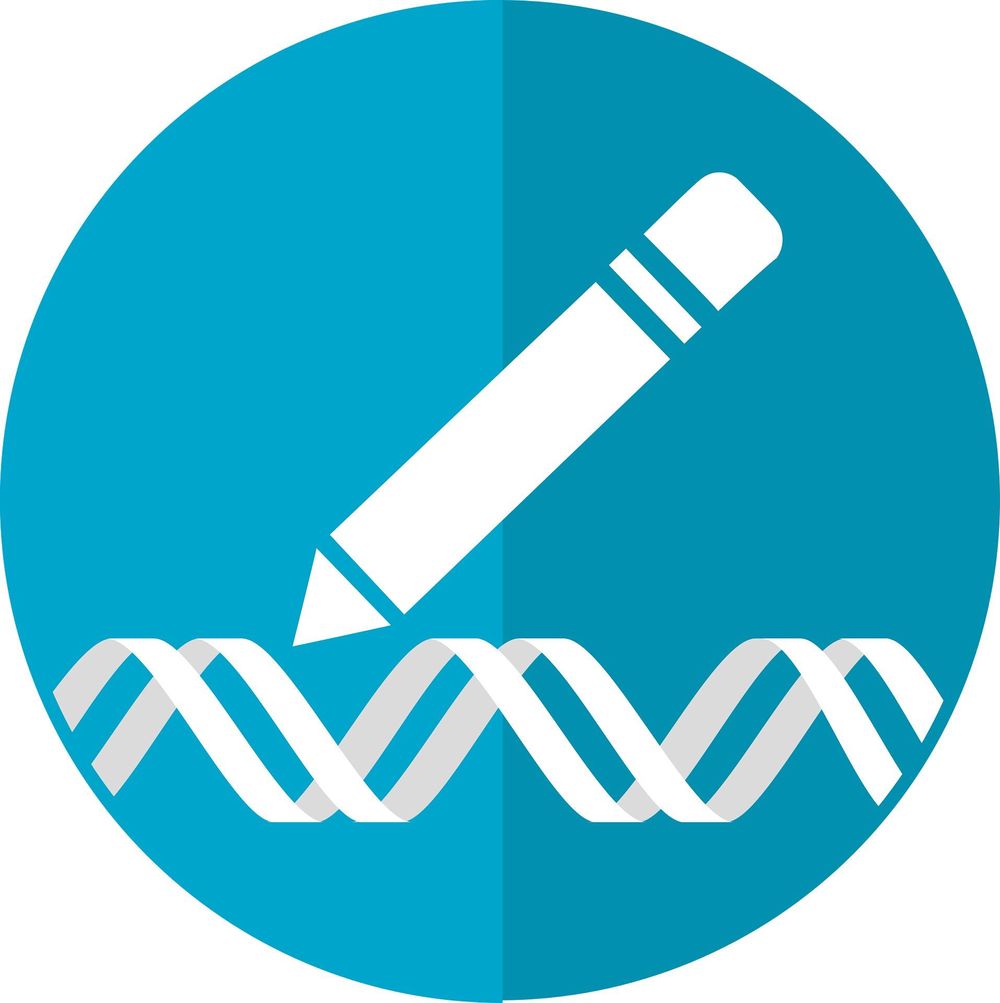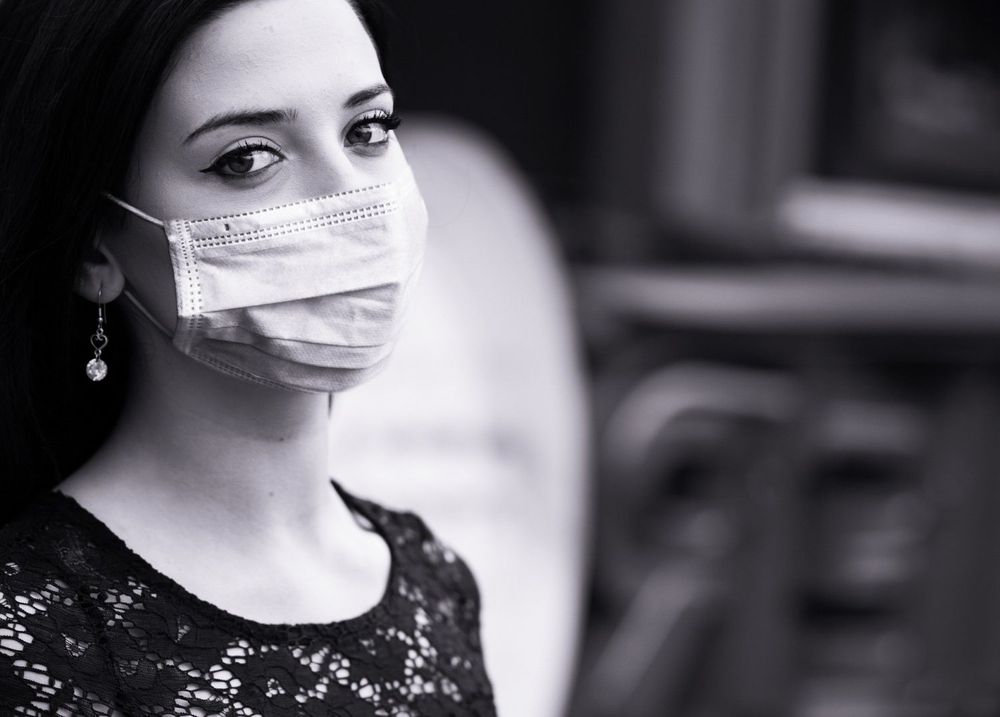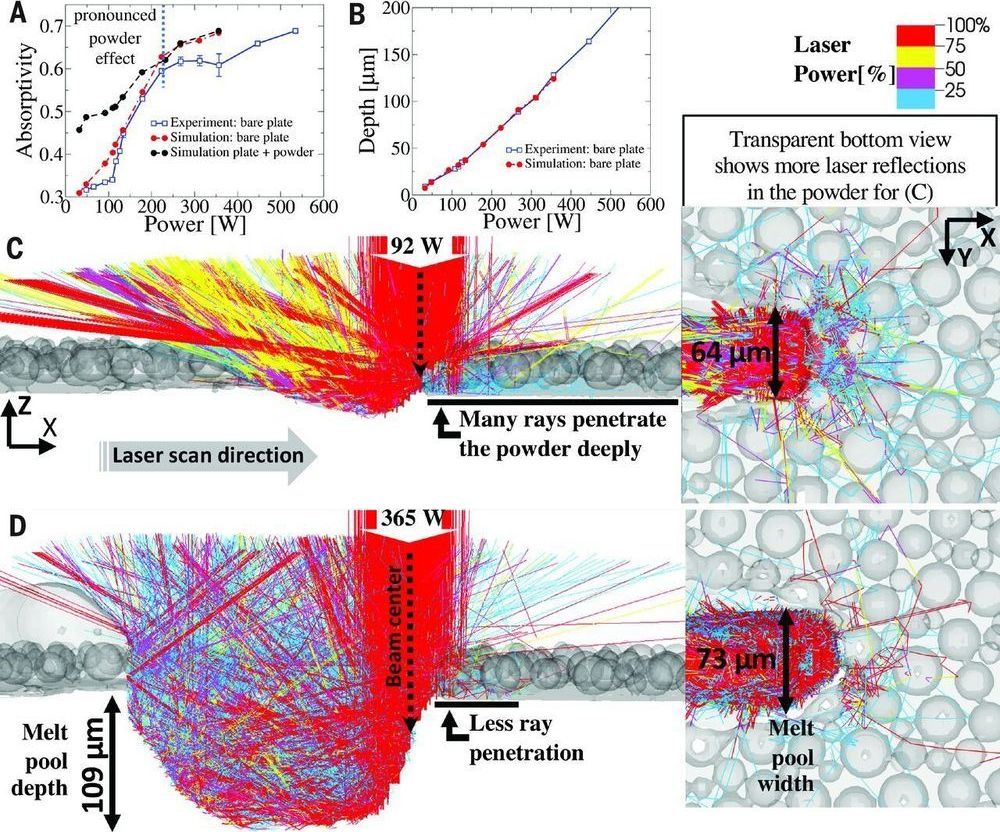A gene therapy trial performed on mice may foreshadow yet another way to hack fitness. In a study done by a team at Washington University in St. Louis’ medical school, mice quickly built muscle mass and reduced obesity after receiving the therapy, even while eating a diet high in fat and not exercising. The results were published last week in a paper in Science Advances.
The gene targeted was FST, which is responsible for making a protein called follistatin. In humans and most other mammals, follistatin helps grow muscle and control metabolism by blocking a protein called myostatin, which acts to restrain muscle growth and ensure muscles don’t get too big.
The researchers injected eight-week-old mice with a virus carrying a healthy FST gene (gene therapy involves adding healthy copies of a gene to cells, usually using a virus as a deliveryman).
Over a period of 18 weeks, or about 4 months, the team observed that the muscle mass of the treated mice more than doubled, as did their strength level. They also experienced reduced damage related to osteoarthritis, less inflammation in their joints, and had healthier hearts and blood vessels than mice that didn’t receive the gene therapy —even though all the mice ate the same high-fat diet and did the same amount of exercise.


